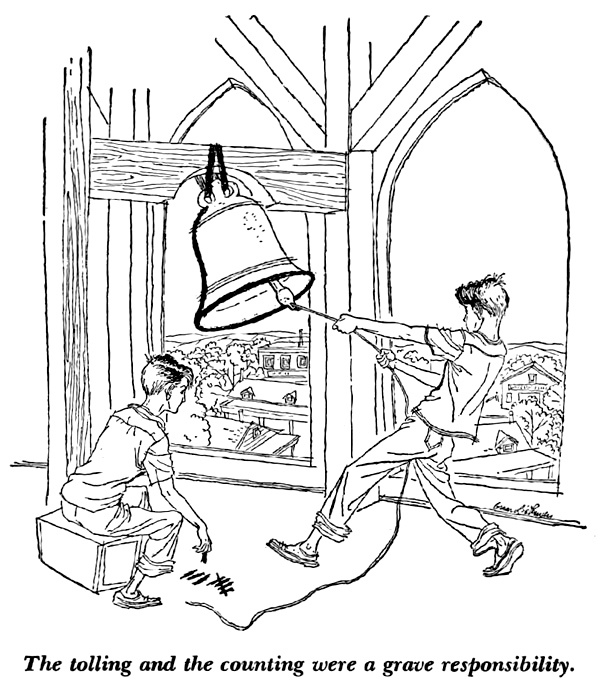
Improbably, however, a number of foreigners did continue to make the trip. Some wanted to witness the war firsthand. Others, such as a visitor from suburban St. Louis, just “wanted to see what this place looked like.” Indeed, it was not until 1974 that the travel publisher Fodor’s saw fit to cease its Vietnam coverage. By that time, of course, most tourists had long since decided that a visit was not worth the risk. Seeing Vietnam would simply have to wait. But wait they did. If the idea of tourism in Iraq today sounds positively crazy, its planners can look hopefully on the Vietnamese case. By the close of the twentieth century, the one-time divided state wracked by decades of brutal warfare had emerged as one of the fastest growing destinations on the planet. In 2001 it received over two million visitors. By 2008 that annual figure had nearly doubled. —“Iraq: Your Next Holiday Destination,” Scott Laderman, History News Network
White people are the future,
in particular on Facebook (via);
an Obama gauge, or “moderometer,” shows the waffling;
Bank of China: the world can’t afford to buy U.S. debt much longer
Israel has admitted that pathologists harvested organs from dead Palestinians, and others without the consent of their families – a practice that it said ended in the 1990s, it emerged at the weekend. The admission, by the former head of the country’s forensic institute, followed a furious row prompted by a Swedish newspaper reporting that Israel was killing Palestinians in order to use their organs– a charge that Israel denied and called “antisemitic.” —“Doctor Admits Israeli Pathologists Harvested Organs Without Consent,” Ian Black, the Guardian
Pot can help your bowel disease
but also make you crazy;
image: “the orb had unforeseen effects” (via)
Some time ago I was interviewed via e-mail for an article and, as I often do, after providing answers to the nine questions, I asked the following: “Mind if I republish these answers in full on my blog after the piece goes live?” It turned out that the journalist actually did mind. In fact, in the correspondence that followed, the journalist explicitly refused me permission to publish my own answers before changing her mind and saying I could– but without the accompanying questions she had supplied. So who owns the interview? —“E-Media Tidbits,” Paul Bradshaw, PoynterOnline


